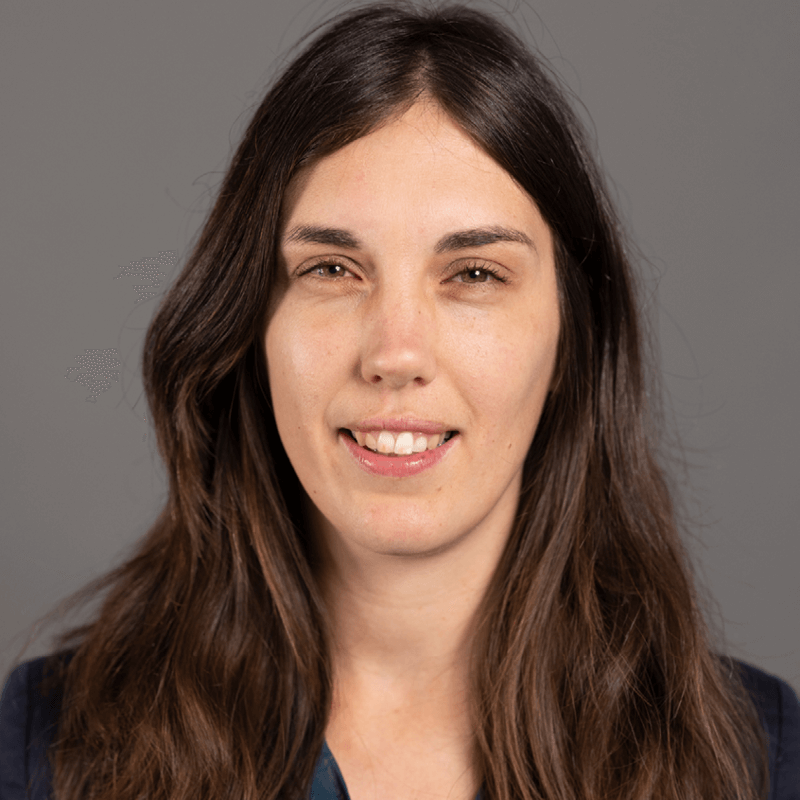Immersive learning has a future
Play. Educate. Inspire. This is the motto of Polycular, EdTech pioneers from Hallein, who focus on playful elements in the digital learning process.
The company, which was founded in 2014 and has already won several awards (recently with a Constantinus Award), realises projects with two different focuses, namely augmented reality (AR) and virtual reality (VR). AR is used, for example, in the so-called “Escape-AR”. Any room, such as an office, can be transformed into an interactive Escape Room in which knowledge is imparted to the players. Together with Salzburg AG, Polycular has developed an Escape-AR-Room that allows pupils to experience the topics of energy, mobility, water and telecommunications in a completely new and playful way.
Other projects deal with the effects of digitalisation on the world of work. Here Polycular is working with its second focus on virtual reality. In this way, collaboration with collaborative robots can be trained in a simulation. In a current research project, Polycular is developing training for social skills, for example in conflict situations. For a realistic experience, one faces an angry avatar in virtual space here.
What does immersive learning mean?
Polycular focuses on immersive learning in all its projects, which means imparting knowledge through experience and immersion in virtual worlds. AR and VR are particularly suitable for this. Through experience, interactivity and the playful approach, learning success can thus be increased.
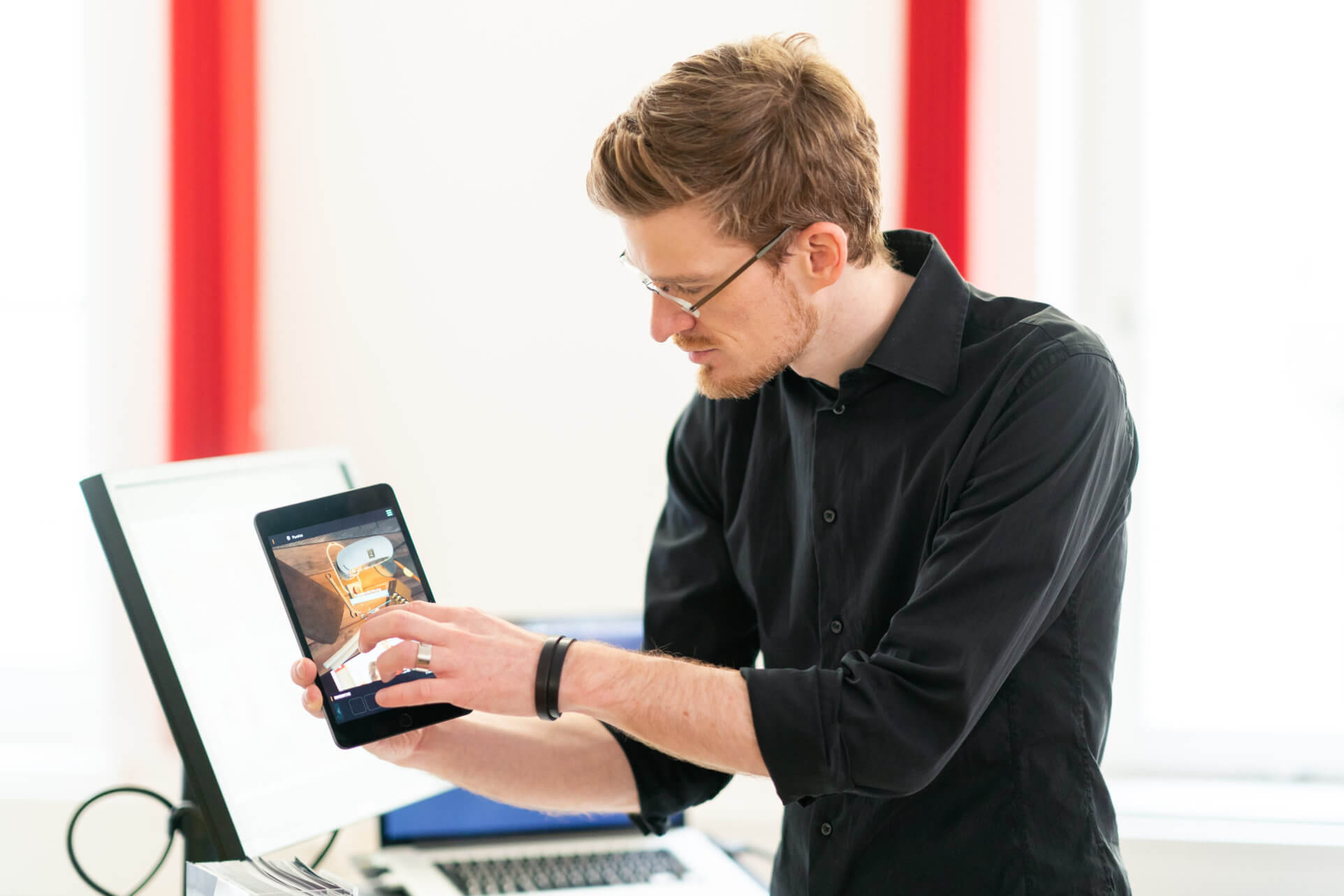
We asked Thomas Layer-Wagner
Co-founder Thomas Layer-Wagner talks about the beginnings, his visions for the education landscape in Austria and why Salzburg is a good place for EdTech start-ups.
How did you get into the EdTech sector?
I and my founding partner, Robert Praxmarer, who sadly passed away recently, practically forced themselves into the field of education technology. It comes from our own school and learning experience. A lot of learning content at school was simply too theoretical and not very tangible, and therefore difficult to understand. As teachers at the university of applied sciences, we also wished for even better teaching possibilities. We then saw the potential in extended reality technologies (XR), which include virtual reality (VR) and augmented reality (AR), as well as in gaming technologies and gamification, to contribute to a change. This opens up many possibilities for knowledge transfer. These technologies and the simulations and games they generate help to delve deeper into certain subject areas and achieve a better learning outcome through direct experience in a safe virtual environment and reflection on what is experienced. This immersive learning will play a major role in education in the future.
Why is Salzburg a good place for EdTech?
We have always been of the opinion that Salzburg is a well-suited location for this because the relevant training already exists here, which of course needs to be further strengthened. Especially for the application of XR in the learning sector, there are many young professionals in Salzburg. In addition, there are enough companies here and in the immediate vicinity in Bavaria and Upper Austria that have an interest in these topics, not to mention tourism, which could also benefit from these technologies.
See below.
How do you see the start of EdTech Austria?
It underlines the importance of the topic. EdTech Austria can act as a catalyst for all those who are active in the EdTech sector. The sector and the topic become more visible. There is a lot going on in the EdTech sector at the moment. There is so much upheaval and innovation. A lot can happen in the education landscape in Austria in the next few years. Away from traditional learning methods towards immersive learning. Digital possibilities like VR make it possible to learn from experience, you are right in the middle of it. Training on the job is possible and you don’t have to be afraid of making mistakes. This way, learners are perfectly prepared for real-life situations.
What is your vision for the education landscape in Austria?
Through Covid, some weaknesses and problems in education have been uncovered. So we have already recognised what is necessary in terms of infrastructure for a modern educational landscape in Austria. My vision is that learning and continuing learning will be perceived as something very positive in the future. This can be achieved through immersive learning. People should be prepared for challenges through further education, for example at work. In education, people are also allowed to make mistakes, to try things out and to experience learning. This requires modern digital learning methods.
More articles
The following articles might also interest you.
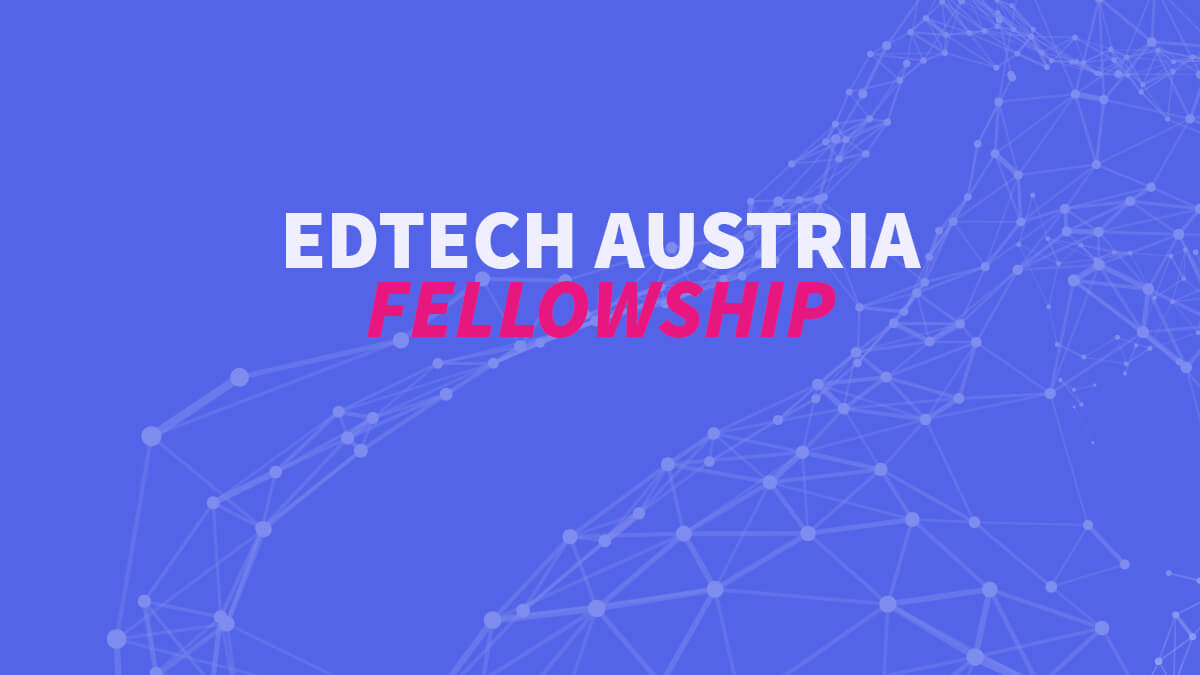
EdTech Austria Fellowship
24. October 2024
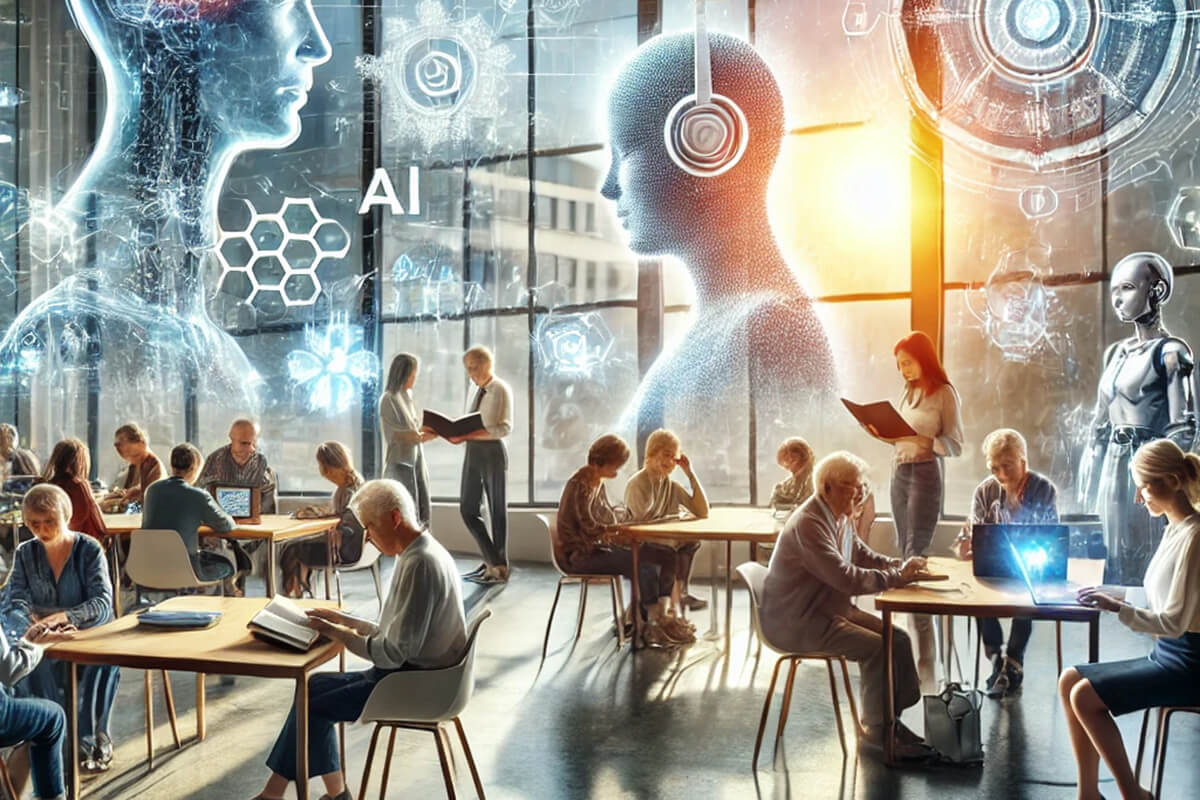
Lifelong Learning in Transition: Opportunities and Challenges of AI
17. January 2025
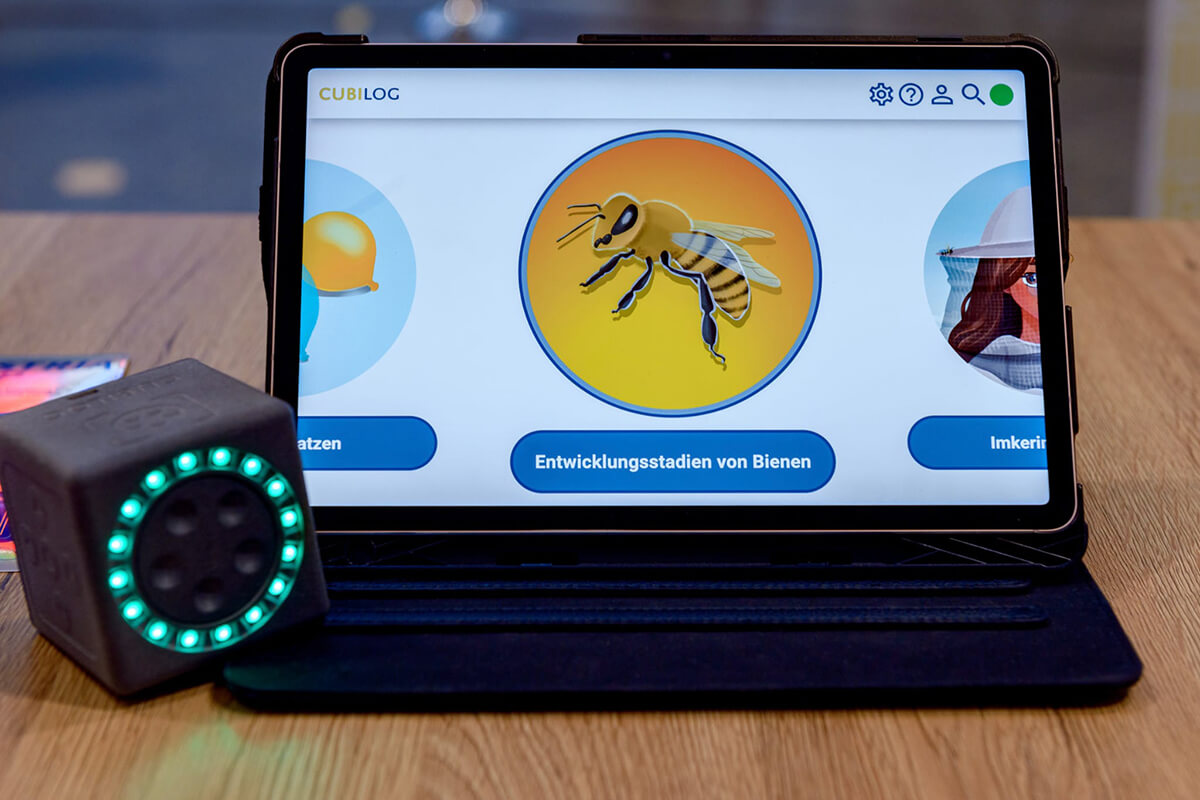
Motor and digital: Cubilog reimagines language development
16. December 2024
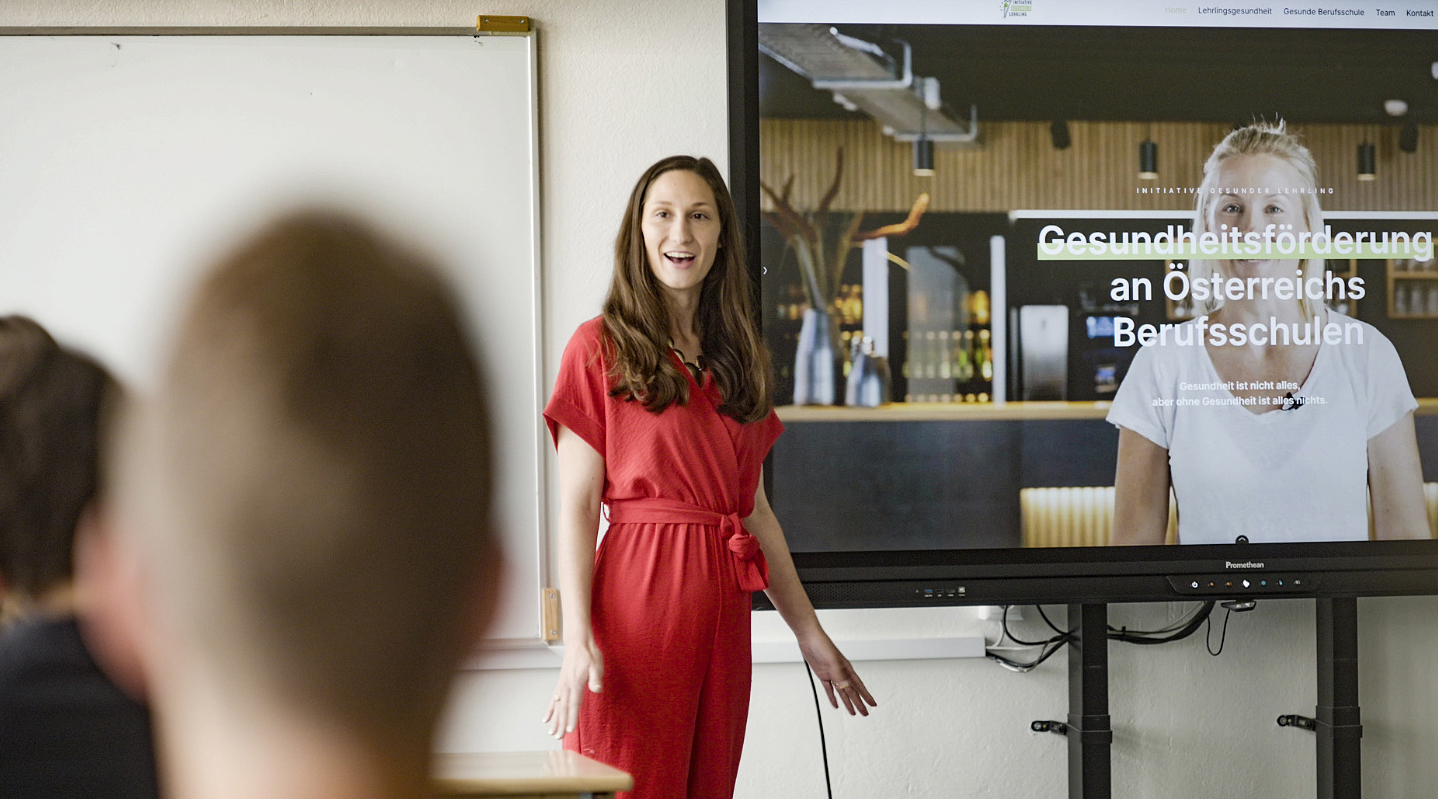
“Healthy Apprentice”: Health Literacy for Vocational Schools
28. November 2024
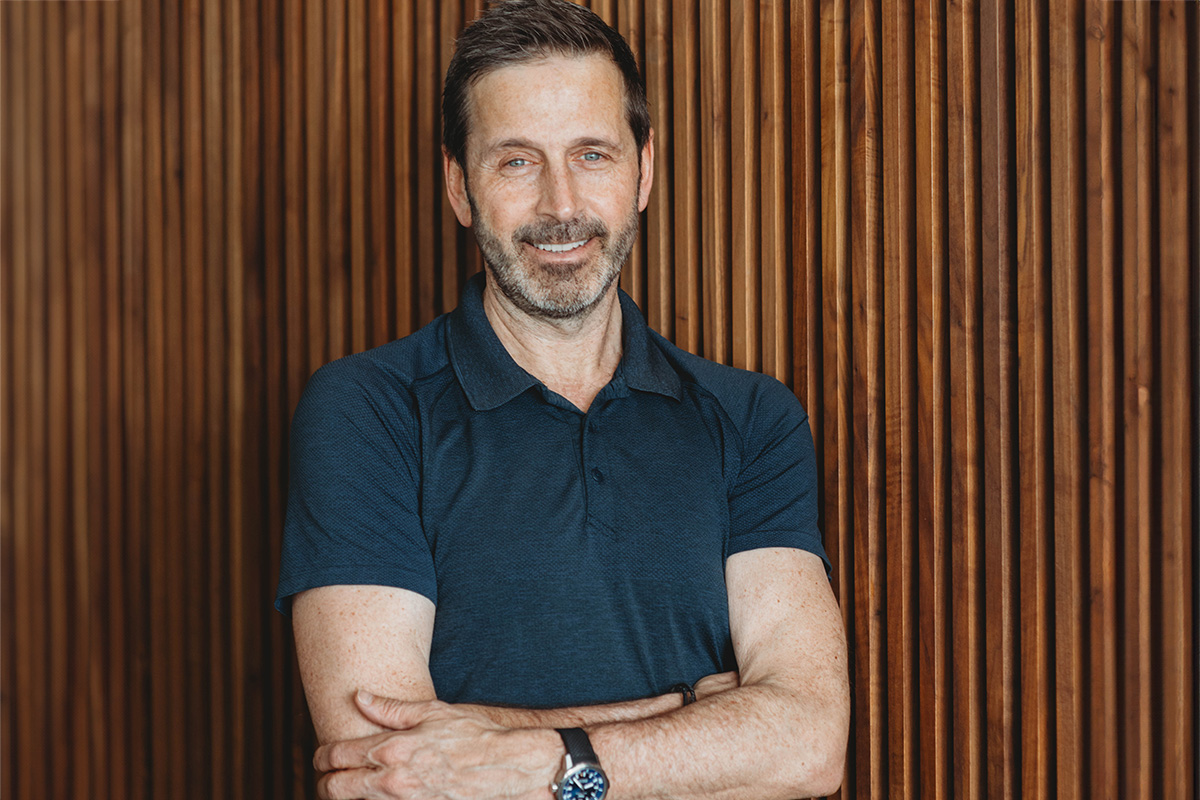
Good Days, Bad Days: “Upstrive” Captures Mental Health
15. November 2024
